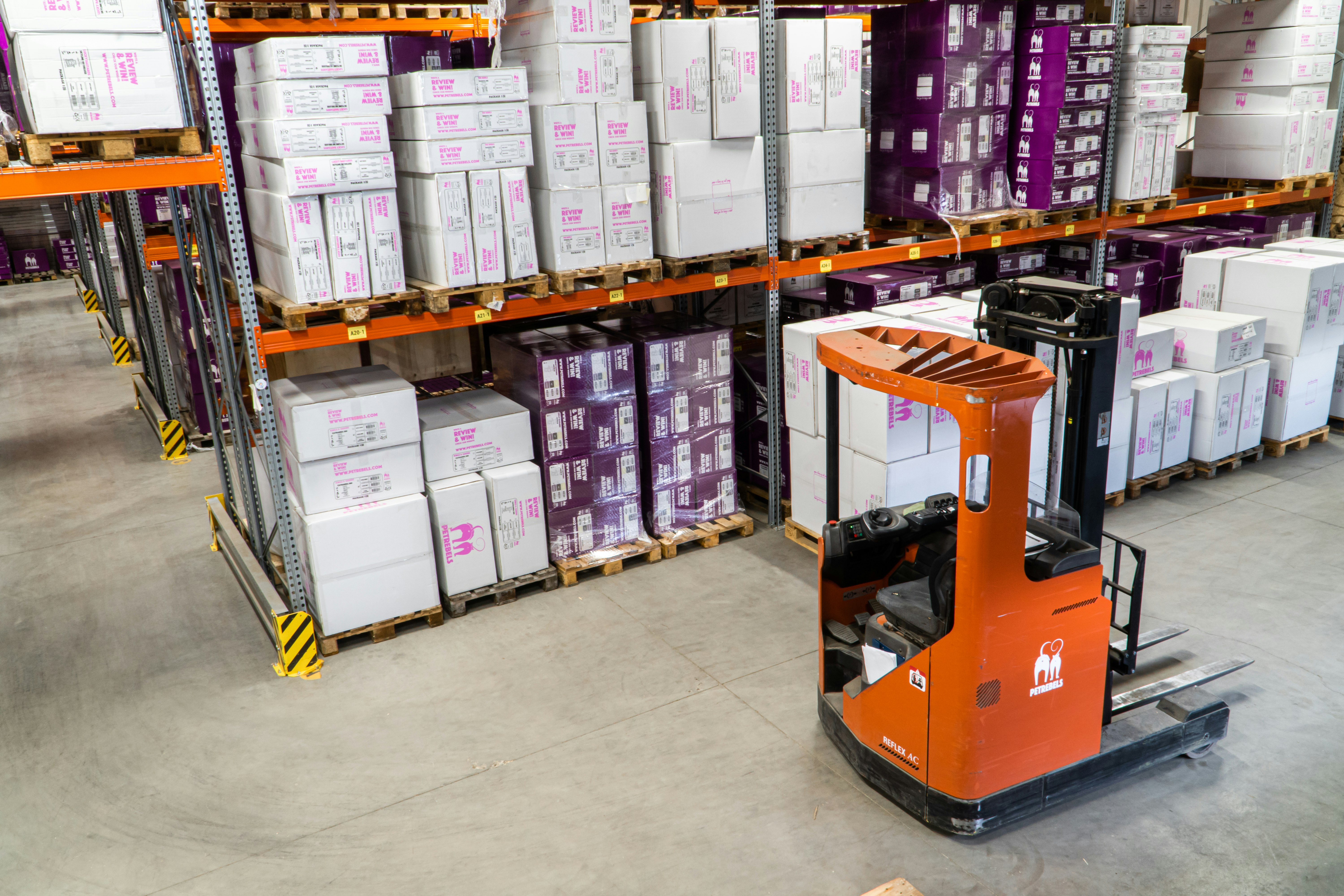A key challenge in inventory management is forecasting demand accurately. With the traditional methods, historical data and statistical models are relied upon, and this may not capture the complexity and dynamics of today's markets. Compared to this, machine learning algorithms can easily analyze vast volumes of data and identify patterns, and make predictions based on real-time information. Therefore, leveraging machine learning allows businesses to gain valuable insights into customer behavior, seasonality, trends, and external factors that impact demand. Furthermore, machine learning allows businesses to perform more accurate demand forecasting which enables them to optimize inventory levels, reduce stockouts, and ensure timely replenishment, leading to improved customer satisfaction and reduced carrying costs.
Machine learning algorithms can also help identify optimization opportunities to streamline supply chains and reduce expenses related to inventory holding and transportation. Analyzing data from various sources such as sales records, customer feedback, and supplier performance ensures that machine learning algorithms identifies patterns and anomalies to generate actionable insights. With these abilities, businesses can make data-driven decisions on inventory allocation, reorder points, and safety stock levels. Minimizing excess stock while maintaining optimal inventory levels ensures that businesses achieves cost savings, reduces waste, and improves overall operational efficiency.
Additionally, machine learning algorithms can enhance inventory visibility in real-time, providing businesses with a comprehensive view of their supply chain. It has the ability to analyze data from multiple sources, including IoT devices, which enables machine learning algorithms to detect potential issues such as delays in shipments, quality defects, or supply disruptions. Proactive identification and addressing of these issues allows businesses to mitigate risks, improve order fulfillment, and maintain customer satisfaction.
These algorithms can also automate repetitive tasks like data entry, order processing, and inventory reconciliation. It reduces manual efforts, saving time, increasing productivity, and enabling businesses to allocate resources to more strategic activities. Additionally, machine learning algorithms can continuously learn and adapt to changing market conditions. With this, businesses can stay agile and respond to dynamic demand patterns effectively. Machine learning algorithms have the ability to analyze vast amounts of data and identify patterns that may not be apparent to humans. This allows businesses to make more informed decisions and optimize their operations for maximum efficiency.
Automating repetitive tasks frees up employees' time, allowing them to focus on more value-added activities that require human creativity and problem-solving skills. This improves productivity and enhances job satisfaction and reduces the risk of burnout.
Furthermore, machine learning algorithms can analyze market trends and consumer behavior in real-time, giving businesses timely insights into changing demand patterns. This agility allows businesses to quickly adapt their strategies, product offerings, and marketing campaigns to capitalize on emerging opportunities or mitigate potential risks.
Overall, the adoption of machine learning algorithms in business operations can lead to significant time and resource savings, increased productivity, and improved decision-making capabilities. This empowers businesses to thrive in today's fast-paced and competitive marketplace.
In conclusion, machine learning algorithms offer significant opportunities to improve inventory management practices. With more accurate forecasting and improved inventory visibility, businesses can minimize stockouts, reduce carrying costs, and maximize profitability. As technology continues advancing, the integration of machine learning algorithms in inventory management systems will become critical for businesses seeking a competitive edge in today's fast-paced markets.




















